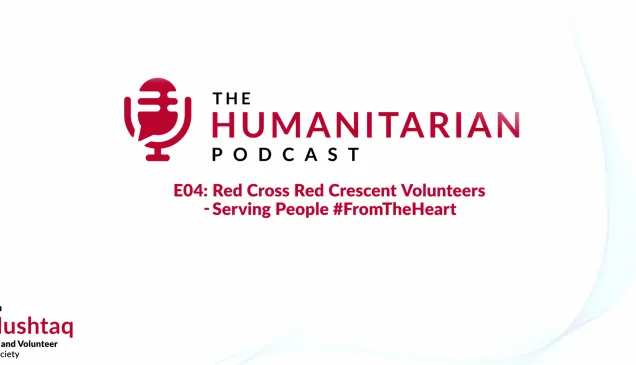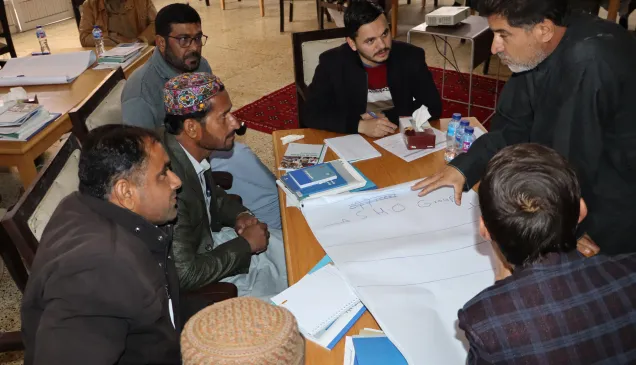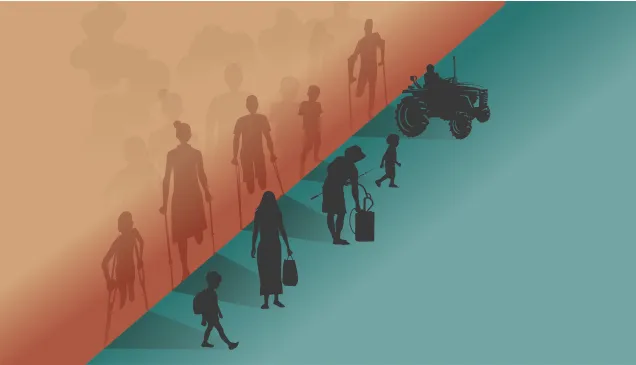Pakistan: Promoting responsible reporting on sexual violence
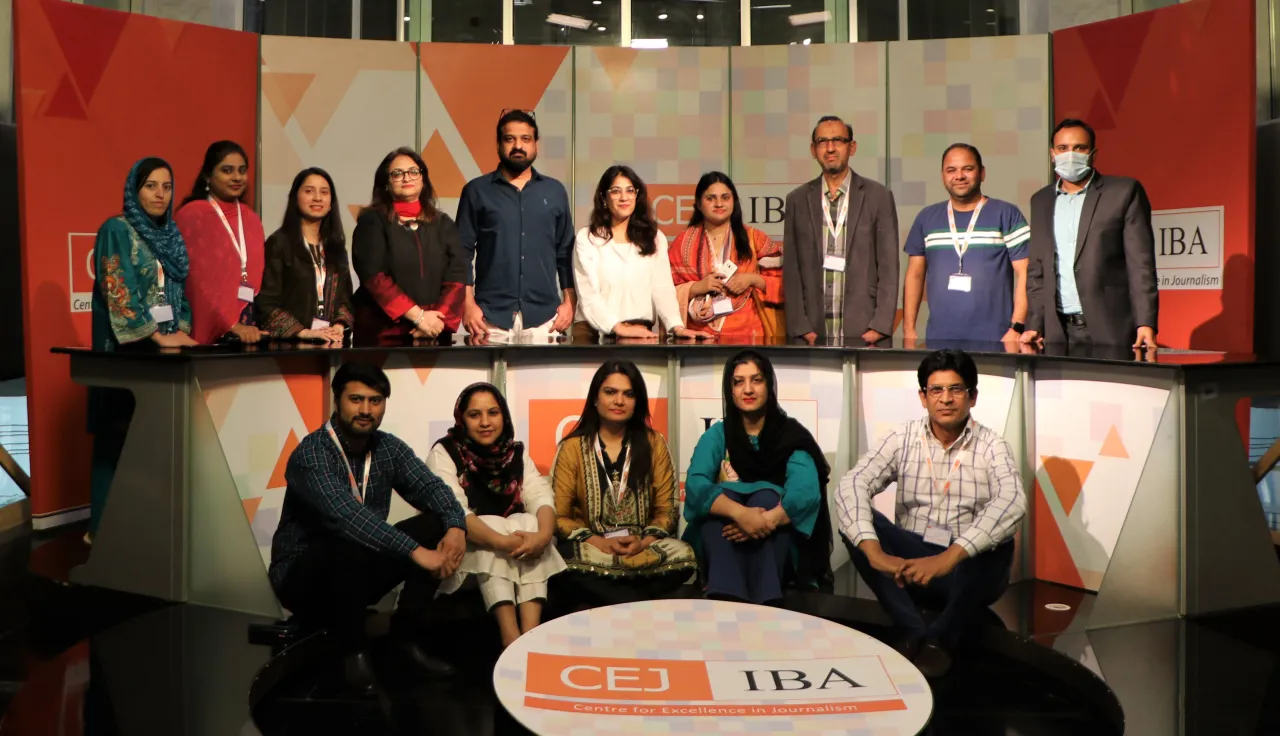
Sexual and gender-based violence is a global issue that affects millions of people, especially women and girls, and can have long-lasting physical, psychological and social consequences.
However, reporting on sexual and gender-based violence is often a challenging task, especially in regions where direct access to victims and communities is limited. To help overcome these challenges, the International Committee of the Red Cross (ICRC) and the Centre for Excellence in Journalism at the Institute of Business Administration (CEJ-IBA) recently organized a workshop for local media, led by veteran journalist Lubna Jerar, on humanitarian reporting of sexual and gender-based violence. The speakers included local activists, journalists and experts.
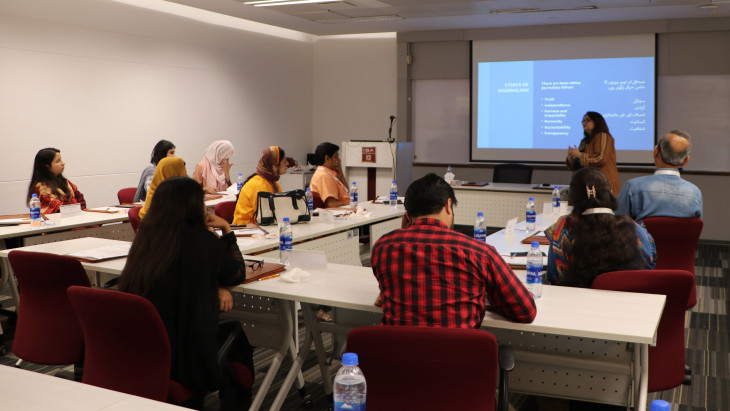
The workshop provided a platform for participants to learn from each other's experiences, share best practices and explore existing gaps in the way this issue is reported through insights from real-life experiences. "The workshop really helped me explore strategies for improving media coverage, including the use of survivor-centred language, avoiding victim-blaming and respecting survivors' privacy and dignity," said Munazza Siddique, a journalist who participated in the workshop.
The workshop featured sessions by Dr Asha Bedar, a clinical psychologist, on the psychological impact of reporting on sexual violence on both survivors and reporters, and Maliha Zia Lari, associate director of Legal Aid Society (LAS), on the legal mechanism governing sexual and gender-based violence in Pakistan.
Valentina Codeluppi, the ICRC's adviser on sexual violence for Asia-Pacific, emphasized the importance of strengthening the community's capacity to deal with incidents of sexual and gender-based violence and the importance of effective coordination to ensure mutual empowerment. "Our role is to empower survivors and give them the information they need to make an informed decision," she said.
Overall, the workshop shed light on the many challenges facing local media when reporting on sexual violence. By engaging with local journalists, it highlighted the potential of working together to change attitudes around stigma and discrimination, raise awareness and promote access to vital services for survivors, while building their capacity to report in a more sensitive way. The ICRC is committed to continuing this important work and partnering with local journalists to make a positive difference in the lives of survivors of sexual and gender-based violence.

